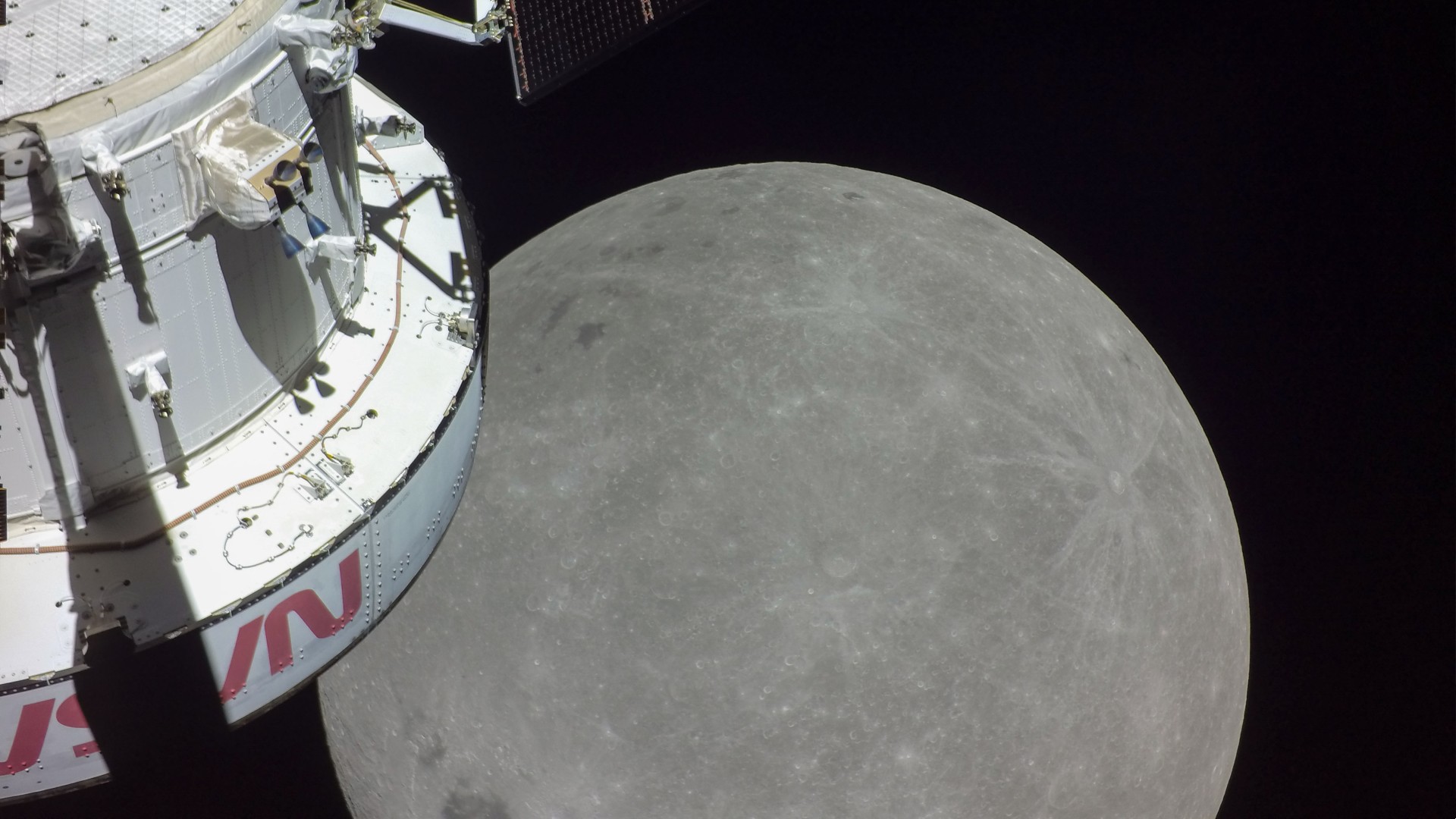
NASA's efforts in science, exploration and beyond are helping drive economic growth across America, according to an agency study.
NASA's latest economic impact report reveals that its activities contributed $75.6 billion to the U.S. economy in fiscal year 2023 — about three times the agency's budget for that year, which was $25.4 billion. The 400-page study breaks down how NASA activities — such as its Moon to Mars initiative, climate change research, technology development and more — generate economic output.
The Moon to Mars program alone created $23.8 billion in economic output and 96,479 jobs, while investments in climate research and technology contributed $7.9 billion and 32,900 jobs.
The report also drills down into impacts in each state, with 45 states seeing over $10 million in impact and eight states surpassing the $1 billion mark.
Related: NASA establishes 'Moon to Mars' office to help get astronauts to Red Planet
"To invest in NASA is to invest in American workers, American innovation, the American economy and American economic competitiveness," NASA Administrator Bill Nelson said in a statement. "Our work doesn't just expand our understanding of the universe — it fuels economic growth, inspires future generations and improves our quality of life."
Nelson emphasized that investing in NASA fuels economic growth, scientific progress and American leadership globally.
NASA's missions supported 304,803 jobs across America, according to the report — the third agency-wide study of its kind — generating an estimated total of $9.5 billion in federal, state, and local taxes.
Additionally, NASA's technological innovations and transfers in 2023 led to 40 new patent applications, 69 patents issued, and thousands of software usage agreements. A number of NASA technology spinoffs have become everyday household items.
The full NASA economic impact report can be found here.







